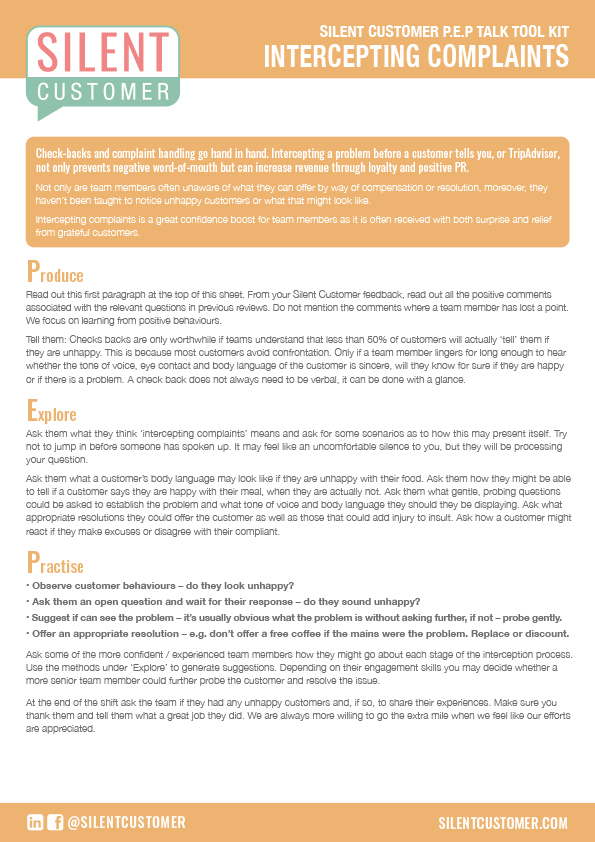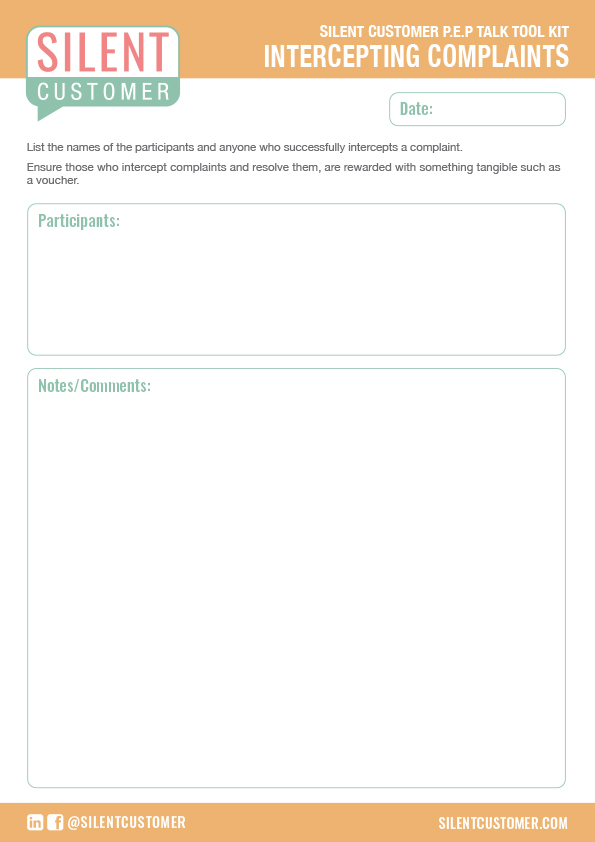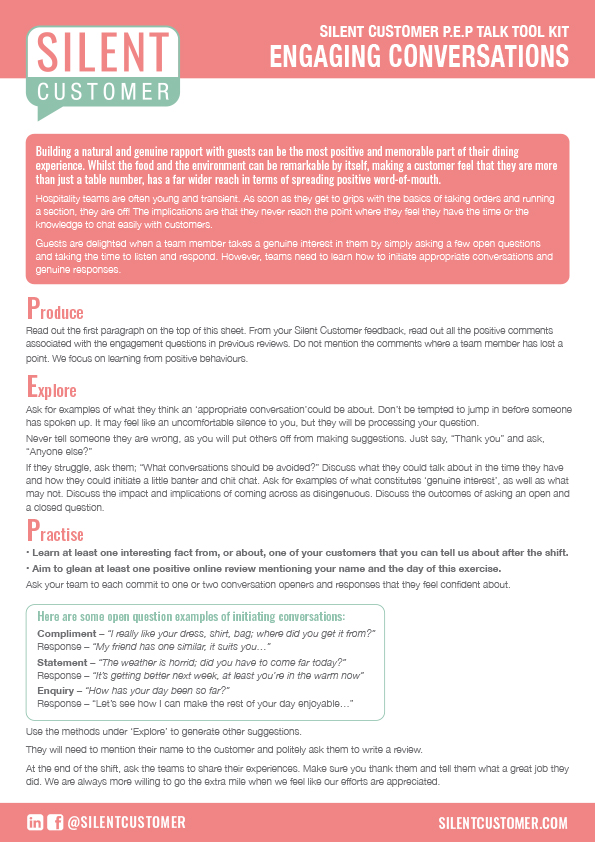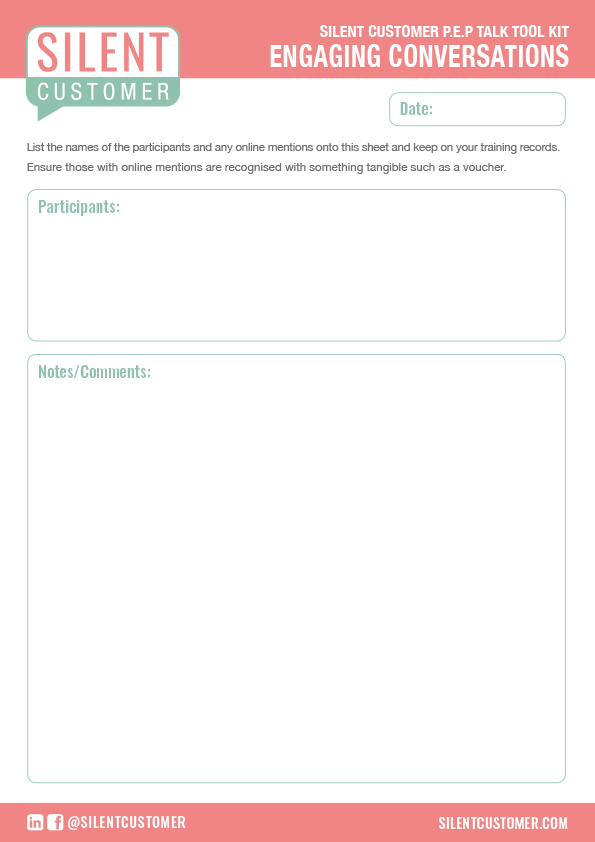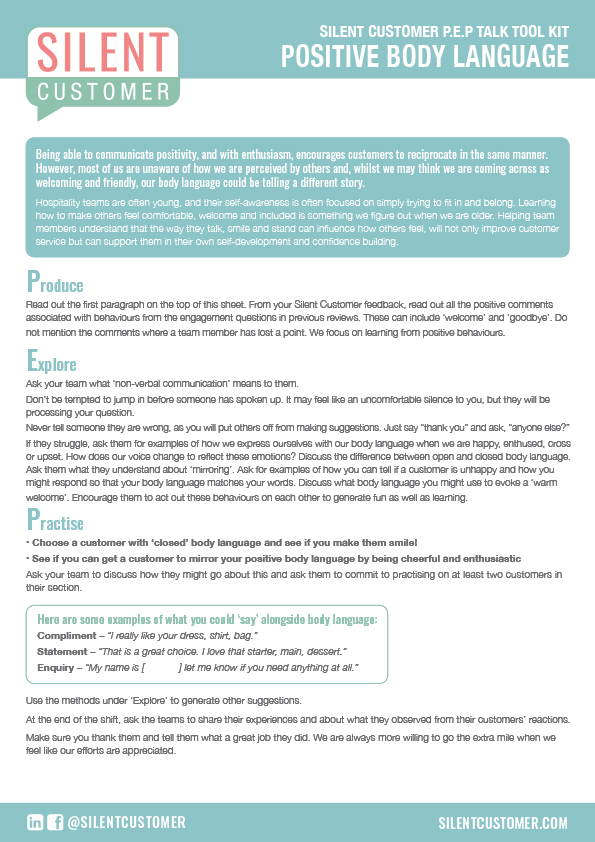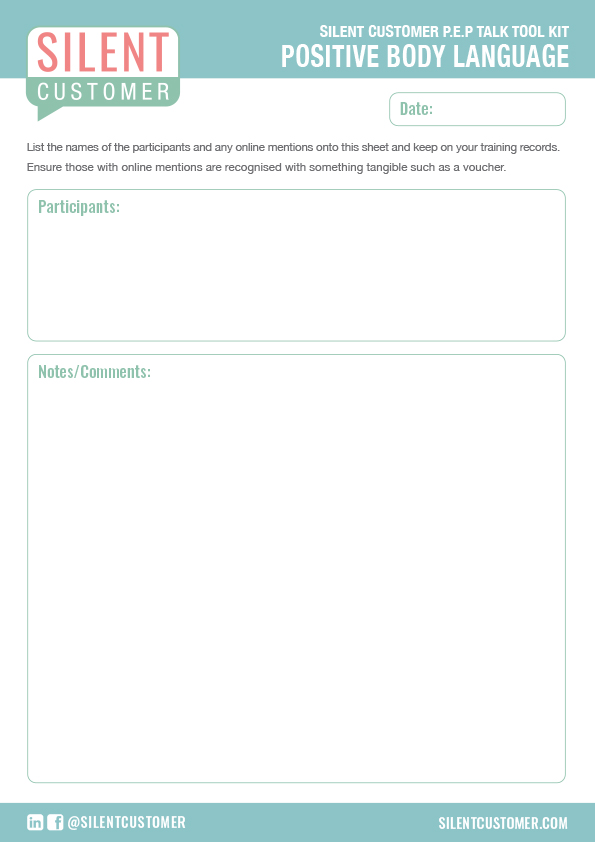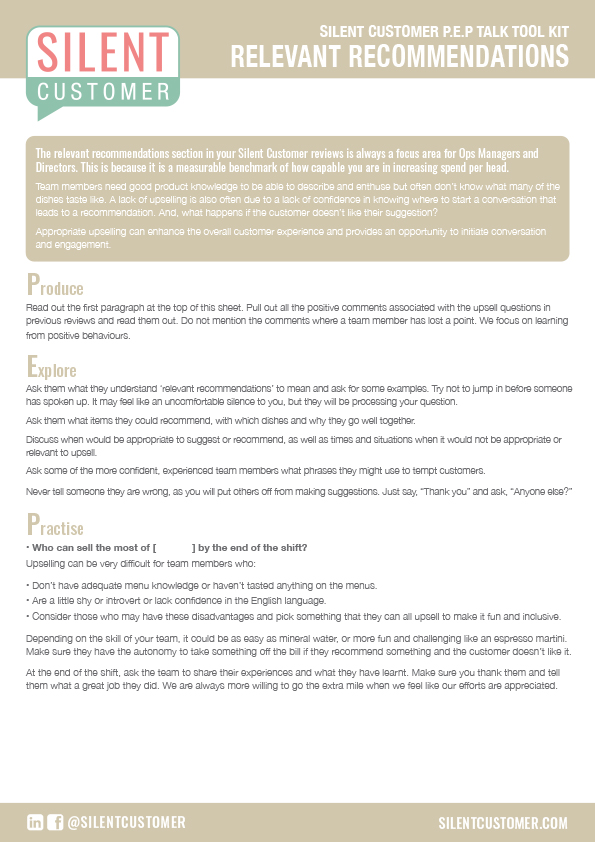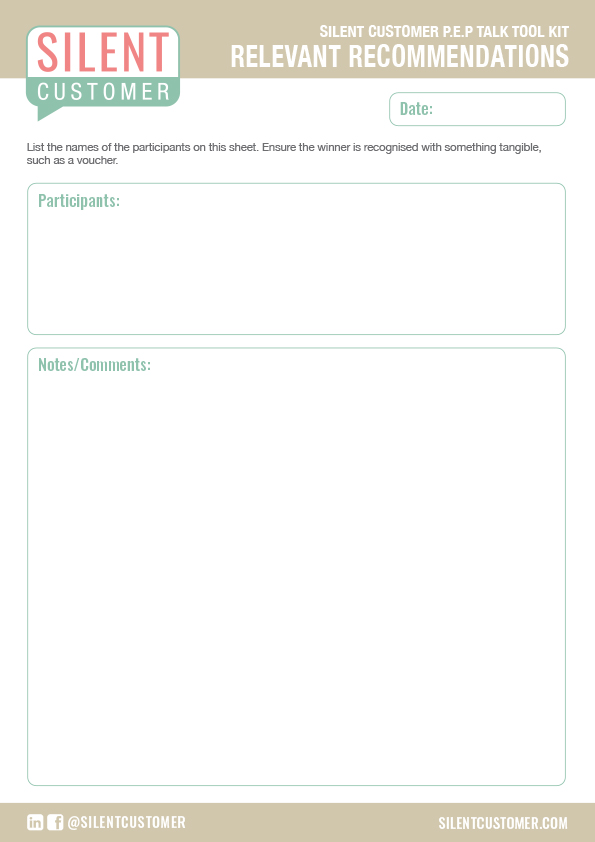Ever looked at the photos of a restaurant, pub, or hotel website featuring back-lit models in beautiful interiors with plates of carefully presented food and then got here to find it was anything but? Let’s explore the importance of setting realistic guest expectations.

What IS great service?
Great service is about the perception of value but when I say ‘value’ I don’t mean in monetary terms. I mean how customers, are made to ‘feel’. Core values!
What are ‘core’ values?
Core values = self-worth and how we rate the worth of others.
Core values are the principles that are deeply ingrained in us, inherited from our parents, and molded to us in our early years.
Right from wrong, good from bad, our willingness to compromise, empathise, to care or not care.
It’s why, when we grow up, we spend an inordinate amount of time arguing that OUR opinions are the right ones.
When expectations meet core values.
When a business sets unrealistic expectations that are not met, the reaction of the customers will depend entirely on their principles and values. Some may be angry and vocal about their disappointment, and some will keep it to themselves, to avoid confrontation.
Customers who complain.
Those that complain about the unmet guest expectations at the time will allow you to apologise. But beware! If you make excuses, you will make it even worse. These people have a strong sense of self-worth. They had the confidence to complain in the first place so it is unlikely that they will merely accept or believe your weaknesses to be justified.
The value of apologising.
Something went wrong. Just apologise. At least these customers will go home feeling that their values have been substantiated. They will speak fondly of your ‘kindness’ no matter how forced or disingenuous it may have felt to you at the time.
Customers who don’t complain.
These are the most dangerous to businesses. They are called ‘silent customers’ because they won’t tell you at the time but will share their experiences with many others thereafter. (It’s where we took our name from!)
Can you recognise an unhappy customer?
Unless your teams are instinctual in recognising and translating negative body language and have the confidence and autonomy to put things right, these customers will go home unhappy and do a great deal of damage to your reputation by way of word-of-mouth. What’s worse is you don’t know how many of them there might be, although if you were to be honest with yourself you could probably hazard a guess on a difficult shift.
How can I stop unhappy customers from damaging my business?
It is, far less risky to simply just set realistic guest expectations from the get go to a level which you know you can meet. Think about the simplicity of Pizza Express or Wetherspoon. They do what they say on the tin! It makes them trustworthy and in this they are highly successful brands.
Think about your food offering, pricing, interiors, ambiance, and the skill levels of your teams. How are you are portraying that in your marketing collateral? Ask yourself … ‘Am I able to deliver this?’ If your answer is ‘probably not’, then you must re-align your offering and focus on over-delivering that.
Than you can get customers to spread the word about your amazing ‘value’.
Every bum on every seat counts!
Labour, facilities, food is now so expensive that every bottom on every seat counts. You can’t afford to upset any bottoms!
Find out if you are meeting expectations – get in touch with us at Silent Customer. We are a mystery dining, shopping and visit agency with a personal approach. We inspire change, reduce revenue leakage and build brand loyalty with every client we look after. Speak to us today about our mystery guest and reputation management services.

